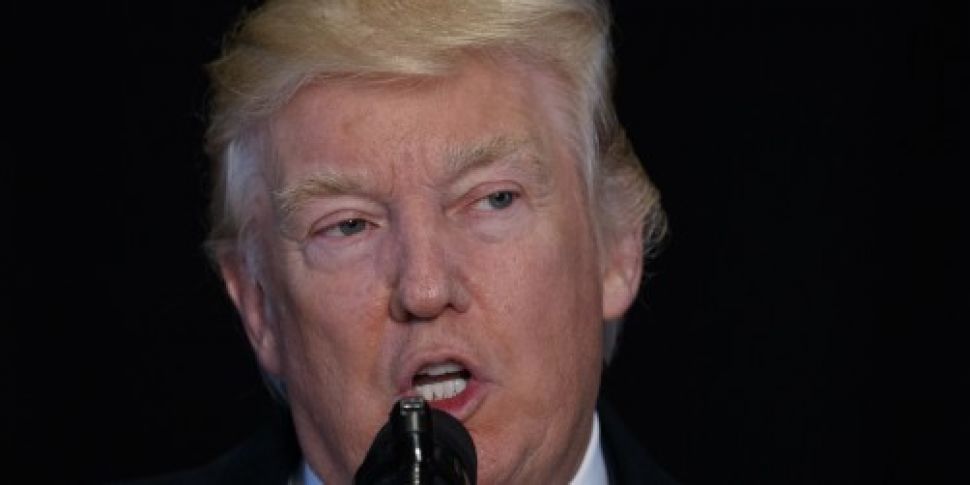Human rights group Amnesty International says politicians wielding "a toxic, dehumanising 'us vs them' rhetoric" are creating a more divided and dangerous world.
It has launched its annual assessment of human rights.
The report, The State of the World's Human Rights, covers 159 countries.
It warns that the consequences of the rhetoric setting the agenda in Europe, the United States and elsewhere is fuelling a global pushback against human rights and leaving the global response to atrocities "perilously weak."
The group says seismic political shifts in 2016 exposed "the potential of hateful rhetoric to unleash the dark side of human nature".
The global trend of angrier and more divisive politics was exemplified by Donald Trump's "poisonous campaign rhetoric", it adds.
But it also says political leaders in various other parts of the world relied on narratives of fear, blame and division.
Amnesty says: "In 2016, governments turned a blind eye to war crimes, pushed through deals that undermine the right to claim asylum, passed laws that violate free expression, incited murder of people simply because they are accused of using drugs, justified torture and mass surveillance, and extended draconian police powers."
It also says the cynical use of 'us vs them' narratives of blame, hate and fear took on a global prominence to a level not seen since the 1930s.
"Too many politicians are answering legitimate economic and security fears with a poisonous and divisive manipulation of identity politics in an attempt to win votes", executive director of Amnesty International Ireland Colm O'Gorman says.
"Divisive fear-mongering has become a dangerous force in world affairs.
"Whether it is Trump, Orban, Erdogan or Duterte, more and more politicians calling themselves anti-establishment are wielding a toxic agenda that hounds, scapegoats and dehumanises entire groups of people.
"Today's politics of demonisation shamelessly peddles a dangerous idea that some people are less human than others, stripping away the humanity of entire groups of people. This threatens to unleash the darkest aspects of human nature".
"Scapegoated groups"
The report also criticises Australia for 'purposefully inflicting' terrible suffering by trapping refugees on Nauru and Manus Island.
While it says the European Union made an "illegal and reckless deal" with Turkey to send refugees back there, even when it is not safe for them.
Elsewhere, China, Egypt, Ethiopia, India, Iran, Thailand and Turkey carried out massive crackdowns.
Another feature was a rise in anti-feminist and -LGBTI rhetoric, such as efforts to roll back women's rights in Poland, which were met with massive protests.
O'Gorman adds: "Instead of fighting for people's rights, too many leaders have adopted a dehumanising agenda for political expediency.
"Many are violating rights of scapegoated groups to score political points, or to distract from their own failures to ensure economic and social rights."
Amnesty International is warning that 2017 will see ongoing crises exacerbated by an absence of human rights leadership on a chaotic world stage.
The report also documents people killed for peacefully standing up for human rights in 22 countries in 2016.
They include those targeted for challenging entrenched economic interests, defending minorities and small communities or opposing traditional barriers to women's and LGBTI rights.
"We cannot passively rely on governments to stand up for human rights, we the people have to take action.
"With politicians increasingly willing to demonise entire groups of people, the need for all of us to stand up for the basic values of human dignity and equality everywhere has seldom been clearer," O'Gorman concludes.









